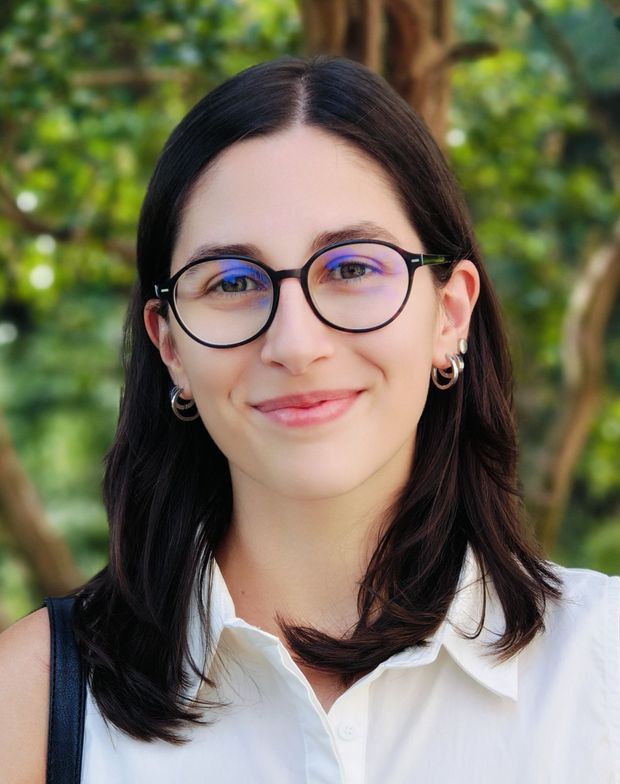
Maddalena Fuso
| Surname | Fuso |
|---|---|
| First name | Maddalena |
| Position and Title | PhD student |
Business address
Molecular Genetics Laboratory
Institute for Ophthalmic Research
Centre for Ophthalmology,
University of Tübingen
Elfriede-Aulhorn-Strasse 7
D-72076 Tübingen,
Germany
Phone: +49 (0)7071 29-80931
Research background and scientific interests
I am a molecular biologist by training, thrilled by the diverse possibilities that genome editing offers for revolutionizing the medical field. I believe that the advancement of novel molecular tools is crucial for addressing present-day challenges, as for the treatment of genetic diseases and cancer with innovative personalized approaches. I am particularly fascinated by the development of genome editing techniques like CRISPR-Cas for targeted interventions.
Driven by my interest in CRISPR-Cas systems, I began my master’s degree internship at the University of Milan, focusing on Cas9-induced double-strand breaks (DSBs) processing in yeast. Here, I was motivated to explore the impact of this endonuclease on DNA repair pathways and its potential use in basic research. Then, at the Max Perutz Labs (Vienna BioCenter), I conducted structural and biochemical characterization of CRISPR-associated transposons (CASTs), which are promising candidates of bacterial origin for targeted gene insertion.
I aim to contribute to the advancement of the genome editing field by refining existing CRISPR-Cas technologies, with both protein engineering and directed evolution approaches, and addressing their limitations in editing efficiency and specificity, thereby expanding the possibilities of gene therapy.
Project description
Certain pathogenic variants in known inherited retinal disease related genes are known to cause autosomal dominant disease by gain-of-function pathomechanism. We anticipate to rescue the phenotype by specifically disrupting the aberrant allele via genome editing strategies. Specifically, we will focus on an allele-specific but mutation-independent design to overcome mutational heterogeneity. Within our research group we have identified frequent SNPs in these genes that are also commonly found heterozygously in the general population. We will develop a cell-based reporter assay to unbiasedly screen for potent and specific gRNAs and Cas variants, and will effectively target such SNPs in cis with the respective mutation. I will apply and further develop small and specific synthetic genome editing molecules that will be bioengineered to result in robust mutant allele-specific gene disruption, hereby leaving the wild-type allele of the gene intact. By shutting off the production of mutant protein, we aim to rescue the disease phenotype in patient-derived cellular models and/or retinal organoids using clinically viable delivery tools.



